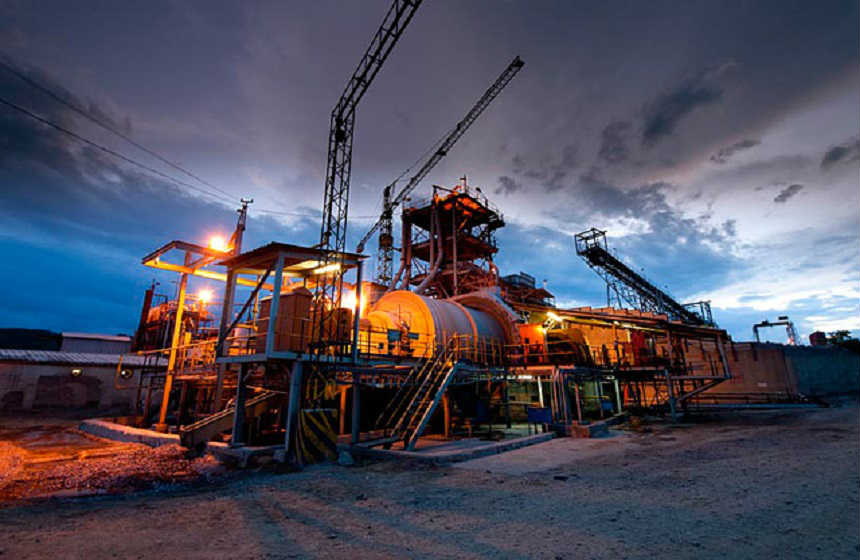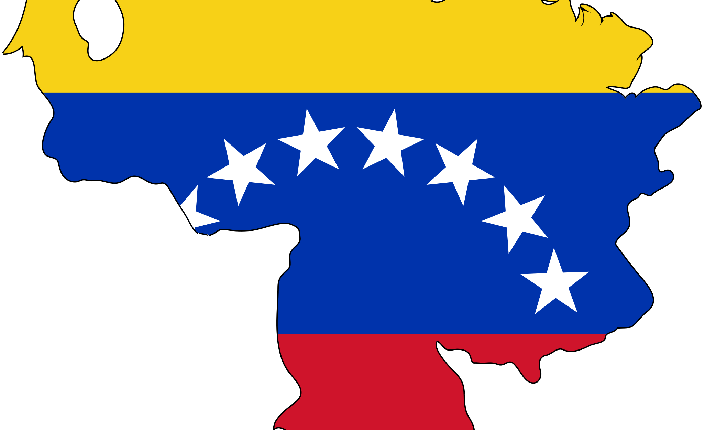Inflation, weak economy to impact SA salary increases
Reflecting the South African economy in general, the average wage increase for this year is expected to be as flat as it was in 2016, according to new data published by ECA International in its annual Salary Trends Survey.
According to the group, South Africa will see an average wage increase of between 0 and 1,5 percent this year, in real terms (adjusted for inflation), matching the same rates seen at the start of 2016, when the average increase was around 1 percent.
This is still much lower than the average increase seen in 2015 of 2,2 percent.
In nominal terms (rand terms), the average salary increase in South Africa for 2017 is thus seen at between 6,0 percent and 7,5 percent, with inflation currently sitting around 6 percent.
ECA’s Salary Trends Reports analyse current and projected salary increases for local employees.
It provides information on real pay rises by factoring in inflation rates, based on information collected from 260 multinational companies across 72 countries.
South Africa’s real salary increases are expected to be on par with the global average of 1,5 percent, with Argentina seeing the largest increase in the world.
Companies in Argentina are forecasting 27 percent pay rises for staff in 2017 (6,5 percent in real terms) despite high inflation in the country of around 20,5 percent.
According to company predictions from around the globe, nominal wages will rise 5 percent on average in 2017, slightly up on this year’s 4,8 percent average.
In terms of real salary increases, the global average is forecast to be 1,5 percent, which is slightly down on 2016’s average of 1,6 percent.
Employees based in Africa and the Middle East are set to see real wage rises of 0,5 percent on average.
However, the situation for staff in Egypt has taken a further step in the wrong direction with staff expected to be 8,2 percent worse off this year.
“The Egyptian government’s plans to cut its total subsidy bill in the coming fiscal year 2016 /17 has contributed to the higher inflation forecast for 2017. Fuel subsidies were the hardest hit leading to domestic prices of fuel soaring in Egypt,” ECA said. — BusinessTech.







Comments